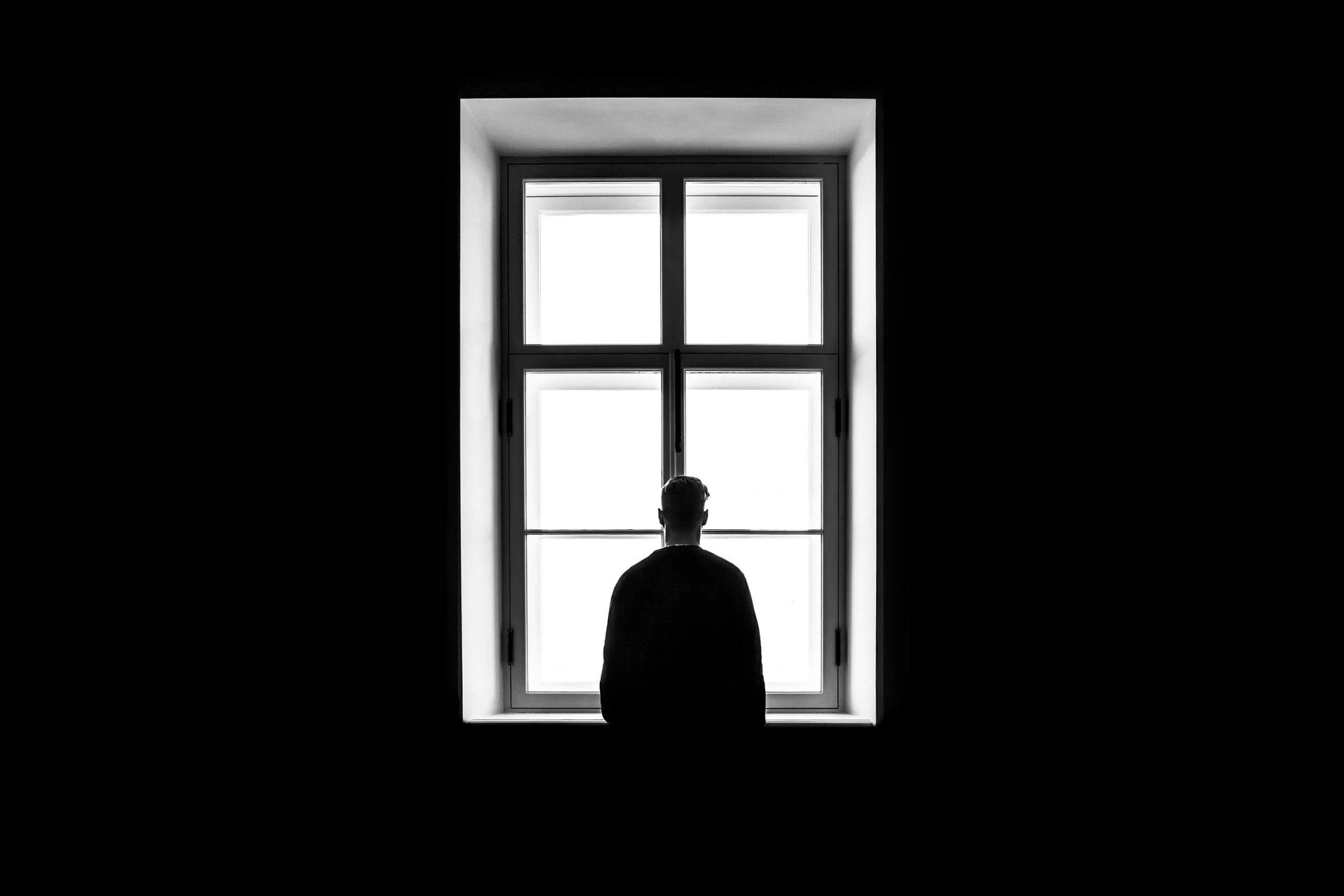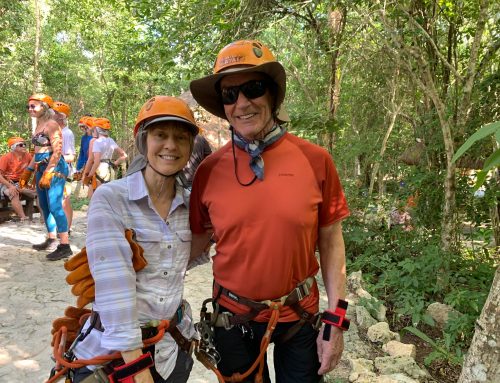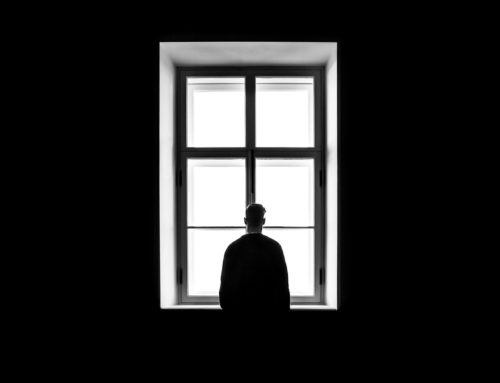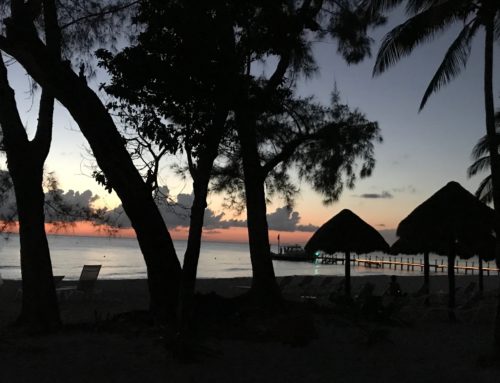Now that I am a senior, I often read interesting articles in the AARP magazine. This month the feature really captured my attention, as research is showing an epidemic of loneliness going on. Social anxiety is another manifestation of this. This is not just about elders; many might even be living with a partner or their family. I talk with clients who are in their teens who feel lonely, and also folks in their eighties; what is it- that in a world of billions of people- they can still feel disconnected and yearning for peers who will understand their “core values and shared life experiences ?” (says Stephanie Cacciopo at the Chicago School of Medicine).
Apparently the new research shows that when folks are extremely lonely, it is as though their immune system is being attacked; their white blood cells go into defense mode (an inflammatory response) and there is an extreme behavioral reaction. Apparently, where there is stress and a sense of threat in encounters with others, lonely people can try to protect themselves further by isolating from judgment or perceived criticism. Those with social anxiety can lose sleep, become more irritable (with or without physical pain), develop high blood pressure or heart issues, withdraw even from spouses, and react with greater alarm to words like “reject”. They fear the implication that loneliness is a social failure. No wonder we try to look great on Facebook! The confusion is when the animal body wants to connect for survival in social groups, and the lonely modern brain wants to protect itself against more perceived foes than friends. This sounds like the mind/body in the confusion of depression and anxiety to me!
This article I am drawing from has a comment that “because there is no single cause, loneliness might require very different approaches” says Julianne Holt-Lunstad, a professor of psychology and neuroscience at Brigham Young University.
One thing is certain she says; “whether or not you are healthy- (mentally or physically), those who are more socially connected live longer”. That is borne out by Dan Buettner, the author of “ The Blue Zones”, now revisited in a more recent edition of the National Geographic. There is some evidence that Cognitive Behavioral Therapy (DBT which I teach is a more updated version) is helpful to address a person’s assumptions about others and how that may sabotage connecting to others. There are thoughts that using a mild antidepressant or an anti-inflammatory like Aleve might help people lower their reactivity and be able to connect again; also actions like volunteering are helpful. People need to feel of value and have a purpose. A spiritual approach or community can also make meaning for folks
So in 2020 I am offering my women’s group again, for those who have been feeling out of touch with others, isolated through anxiety or depression, or simply want to be with those who will understand them without judgment. I have a colleague who also offers a men’s group.
I offer other classes and groups where you can connect, and we can work individually too with DBT, on how you can feel nurtured and belong. Loneliness need not shorten your life!






Leave A Comment